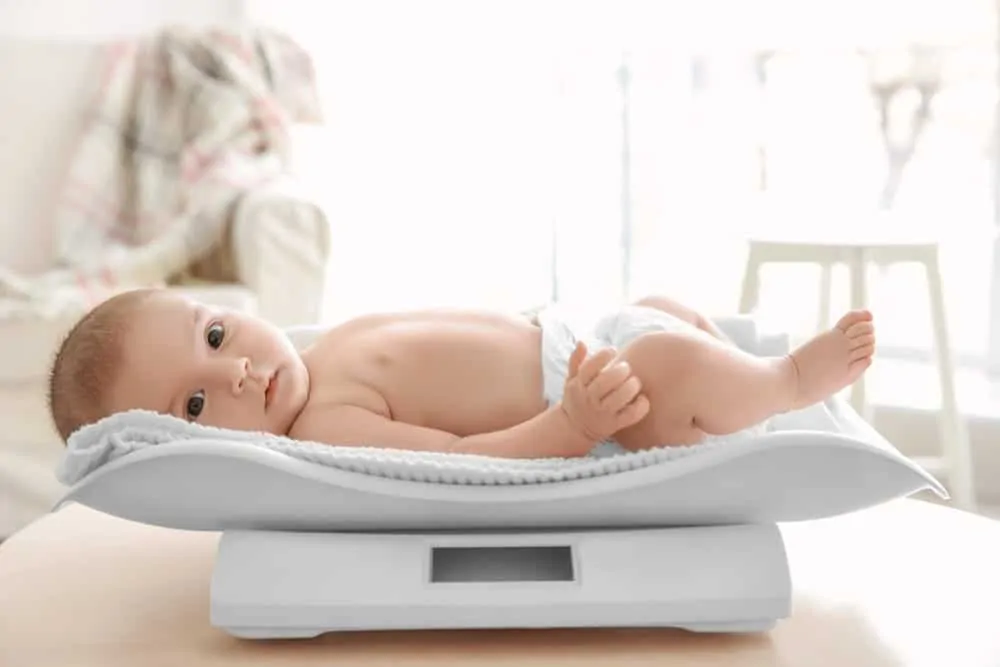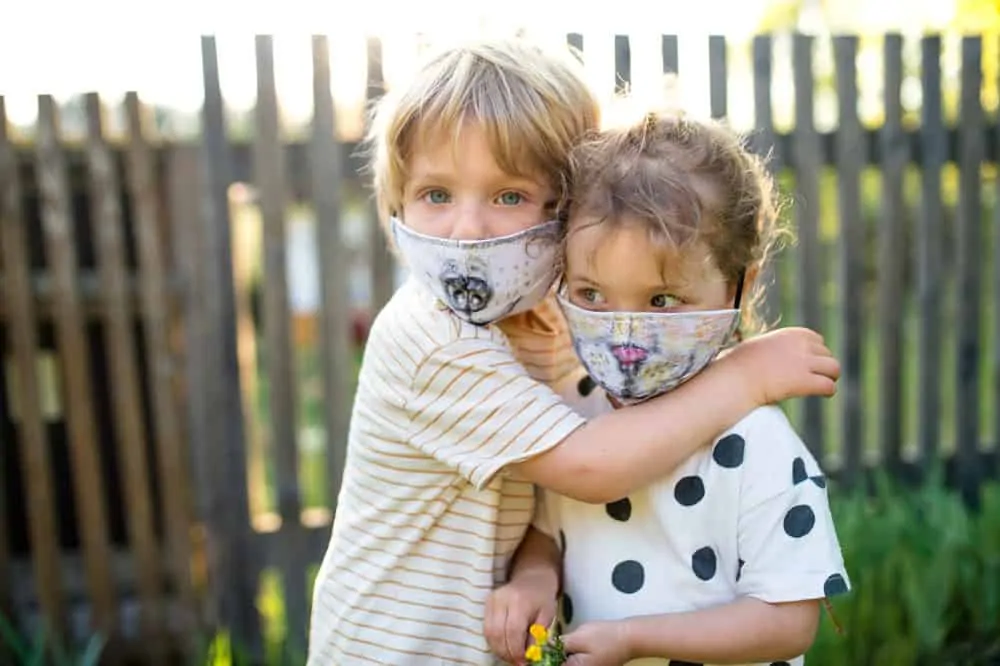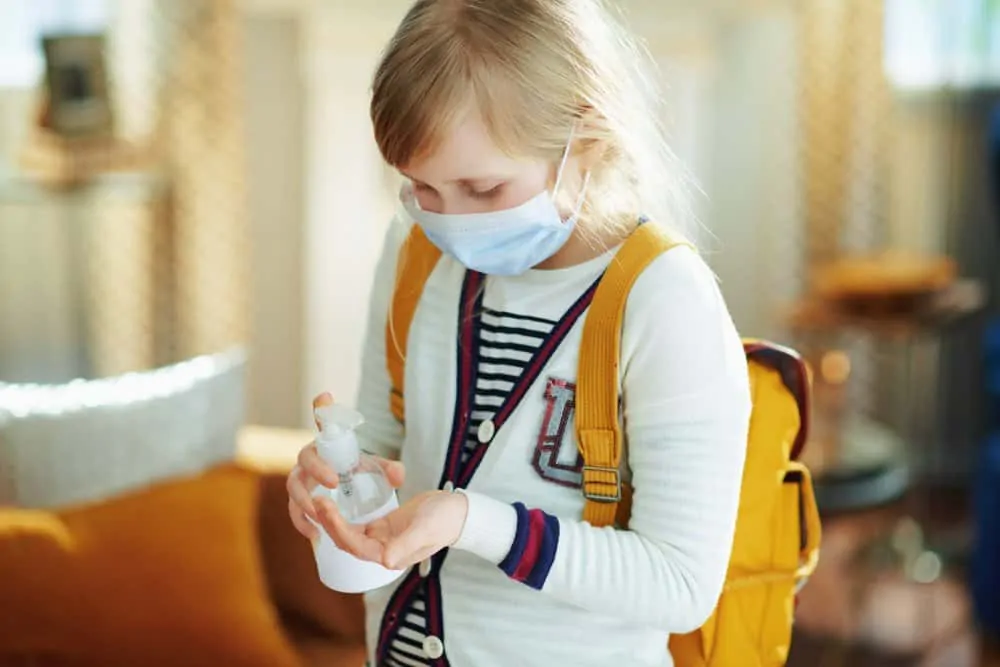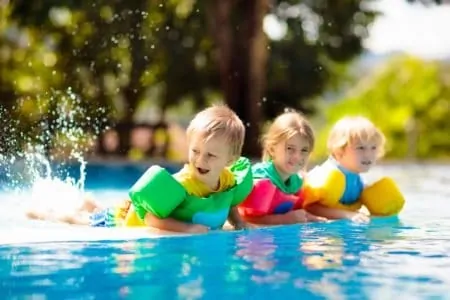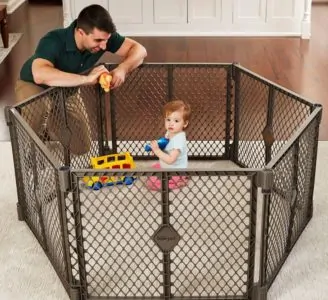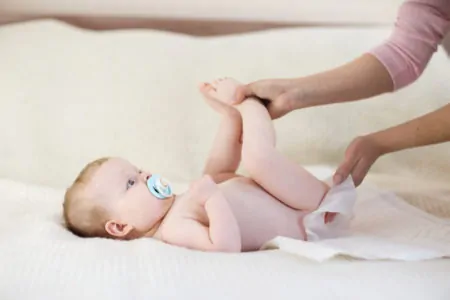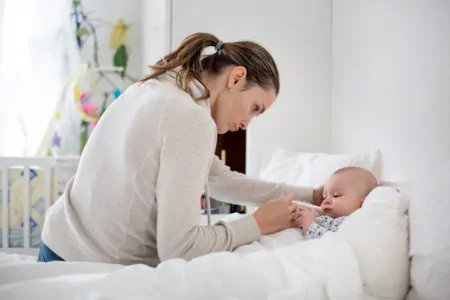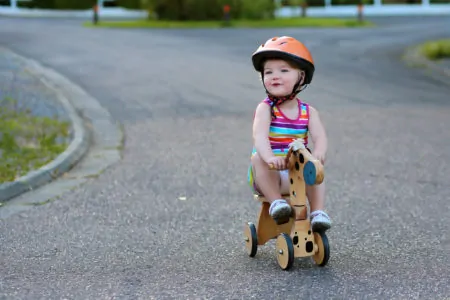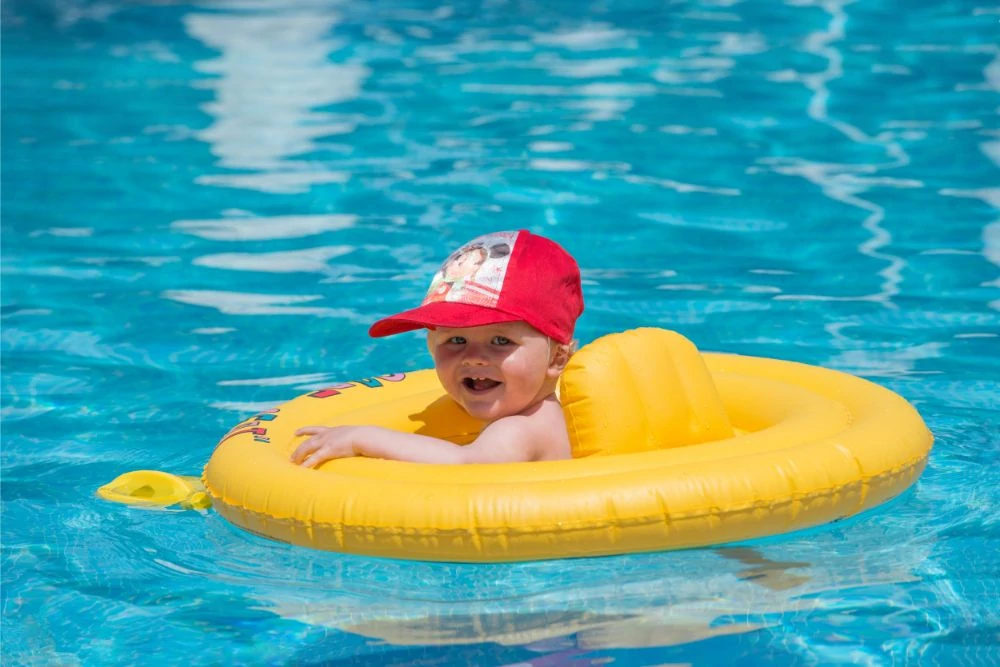From the moment women find out they’re pregnant, they become extremely focused on the health and safety of their fetus. The worries don’t end when your baby is born. They never truly go away — you’ll worry about your child for the rest of your life.
But instead of letting that worry consume you, you can use it as fuel to protect your baby. By learning about the threats they face, you can educate yourself about ways to reduce their risks.
Pacifiers
Your baby may enjoy using a pacifier. If so, keep two on hand. That’s a lifesaver in case your baby gets dependent on them and you notice one is dirty.
To clean it, you can run it under water. For a more thorough clean, many pacifiers can be placed in the dishwasher on the top rack.
To reduce the risk of choking on small parts, you can buy the best pacifiers that have only one piece.
Colic, Gas and Crying
Baby colic is enough to drive a parent crazy. The non-stop crying and feeling that you aren’t capable of soothing your baby is a tough pill for parents to swallow.
Colic may be caused by acid reflux, intense gas, and other factors doctors haven’t even identified yet. Do your best to soothe your child, but realize that it’s okay to walk away for a minute and leave your baby crying in their crib if you need a break.
It can be easy to lose your temper when dealing with colic. It’s better to walk away than to act on that frustration by doing something stupid or by yelling at your child. If you feel like you are at your limit, ask your partner to watch the baby while you leave the house for an hour to clear your head.
All babies cry frequently, but most don’t have colic. The reasons your baby may cry often includes:
- Hunger.
- Uncomfortable temperature.
- Dirty diaper.
- Gas.
- Pain, such as a hair wrapped around a toe.
- Illness.
- Wanting to see you.
- Constipation.
Constipation
If your baby is constipated, they may not have been taking in enough liquids. If they are on solid foods, they may have been eating too many constipating foods like cheese and bananas.
If your child is fighting constipation, increase the fluids. Introduce a few ounces of prune juice and that should free up the situation before too long.
Babyproofing
Your home may seem safe to you, but it can be full of hidden threats for your child. You’ll have time to work on the babyproofing thing — it’s not something that has to be done before you bring your child home from the hospital. Fortunately for parents, babies aren’t mobile for the first several months.
But time will pass quickly, and it won’t be long before your baby will be crawling. That could happen as soon as the six-month mark, so you should give thought to babyproofing around your baby’s third month.
You will need to inspect your house to see what dangers there are. When you look at your surroundings, don’t do it as a parent. Pretend you’re a baby and you’re down low — maybe even crawl around for a minute and see what you see on all fours that you don’t notice while walking around.
Here is a basic checklist of items you may need to babyproof.
- Anchoring furniture to the wall.
- Putting fireplace screens up to prevent burns.
- Installing the best baby gates at the top and bottom of staircases or whatever room you want to keep your baby from accessing.
- Putting covers over all electricals outlets.
- Making sure all cords for blinds are out of baby’s reach.
- Putting up carbon monoxide and smoke detectors if you don’t have them.
- Putting safety latches on cabinets under the bathroom and kitchen sinks that may contain cleaning products.
- Remove or seal any flaking paint. This is particularly important if your house was built in the 1970s when lead paint was used. Lead exposure can be devastating for children.
Illnesses
Do your best to keep your baby away from sick people after you leave the hospital. That’s especially important for the first months as your baby builds up its immune system. But sooner or later, despite your best efforts, your baby is going to get sick.
You’ll be extremely worried about it, but try to relax a little. Babies can be a lot stronger than you give them credit for. Just keep a close eye on them, watch for any signs of fever or dehydration, and call your pediatrician if you’re concerned.
Safety While Being Outside
Instilling a love of the outdoors in your child can be a powerful gift you give them from an early age. A lot of kids spend too much time inside, without getting the physical and emotional health benefits of being outside.
Make sure to take your child outside for walks in their stroller or in their baby carrier. They’ll love seeing a change of scenery. And short exposure to the sun will be helpful for them, giving them more Vitamin D.
With a toddler, it’s important to watch their every move while they are exploring the great outdoors. Even if you have a fence up in your backyard, you can’t let them roam freely just because you know they aren’t going to be able to escape.
There are hazards outside for them because toddlers like to put everything in their mouths. You should make sure there are no harmful plants outside the house that they might try to eat. Also, keep a close eye on them whenever they are outside.
Sun Safety
Sunburns are more than just painful — they increase your child’s future skin cancer risk. You must always be cautious when taking your baby out in the sun. It doesn’t take long for a slight sunburn to develop for them.
To make sure you’re minimizing your child’s chance of getting a sunburn, you should:
- Keep them in the shade whenever possible when outside. One way to do this is to use your stroller’s canopy to give some protection.
- Limit their time outside during the sunniest part of the day, generally between 10 a.m. to 4 p.m.
- Use baby-safe sunscreen when your child is going to be in the sun for an extended period of time.
- Use sun-protective clothing.
Water Safety
Being around and in water can be one of the greatest joys of childhood. But drowning and catastrophic injuries are a real possibility for children. You should always supervise your child closely when they are around water.
Even small, inflatable children’s pools require careful supervision. Children can drown in just a couple of inches of water under the right circumstances.
While visiting beaches, remember to keep your child near you at all times. In addition to the usual threat of stranger danger, you have to be watchful of water currents. Waves can easily knock your child down if they are playing too close to the shoreline.
Mosquitoes
When your child is spending any time outside, particularly at dusk or in the evening, mosquitoes will be a concern. Mosquitoes carry diseases such as West Nile, and the bites can be painful for your child.
It’s not uncommon for young children to have big reactions to mosquito bites. Often the bites swell considerably, become itchy, and can even bruise.
Try to keep your child from being outside at peak mosquito hours in the evening, and have them wear long-sleeved shirts and pants when they’re outside at dusk. You can also use baby-safe insect repellent to help keep your child safe.



